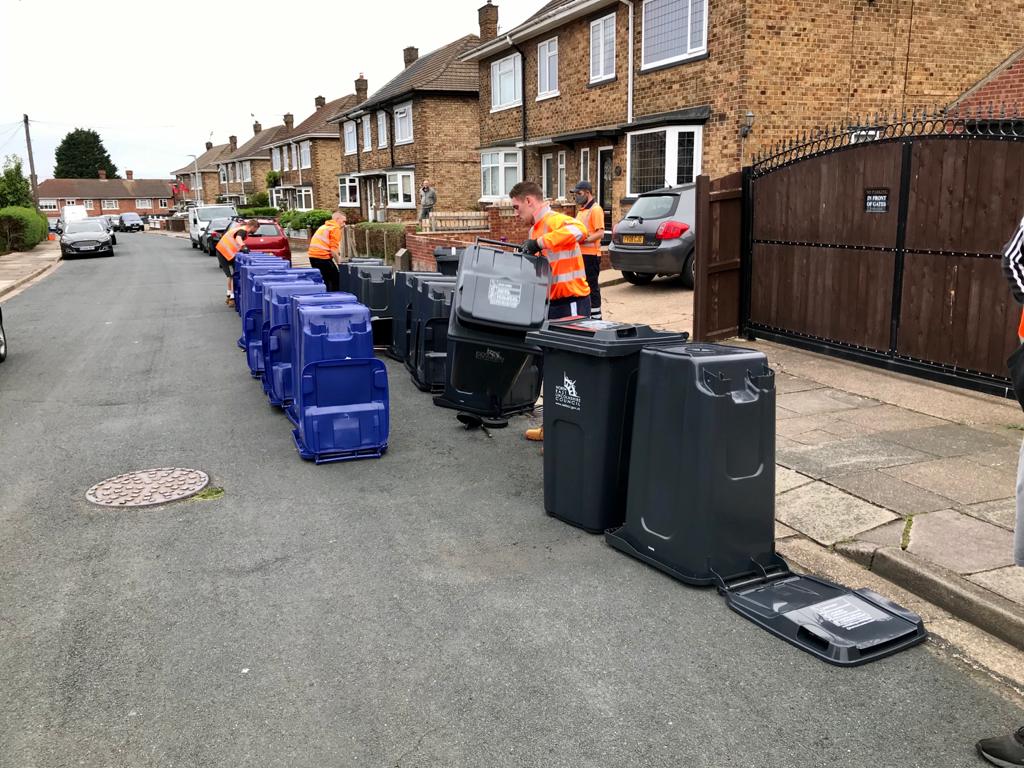Trials for an increased recycling provision in the borough, including a food waste service, will begin in the spring.
Councillor Stewart Swinburn, Portfolio Holder for Environment and Transport, outlined the plan at the recent full meeting of North East Lincolnshire Council, in response to a question from the Opposition about recycling capacity for households.
Councillor Swinburn told the meeting: “Our previous recycling offer was designed to reliably collect three boxes from residents each fortnight: 38 litres of paper and card, 55 litres of cans and plastic, and 38 litres of glass. In recent years some allowances were made for residents to increase this to up to five boxes. This was mostly used by residents to increase the paper and card capacity.
“When planning the new waste offer, we have considered the impact of other initiatives forming part of the Government’s waste strategy and also taken advice from WRAP (the Wrap Recycling Action Programme) on likely changes in local waste flows in the future. We expect to continue to experience increases in paper and card due to an increase in online shopping and a planned national scheme to reduce single-use plastic. In comparison, we are expecting a longer-term reduction in plastic, cans and glass presented. This is due to the planned tax on single-use plastic as well as plans for a national bottle and can deposit return scheme.
“The new collection routine with monthly collections of a single 240 litre bins of paper and card will represent an increase of 57 per cent compared to residents presenting two boxes of paper and card per fortnight. The bin also provides better options for residents to reduce the size of cardboard without risking it blowing away in the wind and therefore further increase the amount that can be disposed.
“The monthly collection of plastic, cans and glass will provide 29 per cent additional capacity per month compared to what the average resident previously presented on the kerb side for these fractions, but we recognise some high recycling households may have previously presented a similar amount using multiple boxes. Plastic and cans are recycling materials where flattening bottles and cans can make a very large difference to collection capacity. Provision of bins makes this easier for residents and a large-scale education campaign is planned to help residents optimising the use of their bins. Trials have demonstrated effective compaction of plastic and cans are able to increase the amount stored in these bins two to four times. Similar collection routines are currently operating in Sheffield and Barnsley and has also recently been trialled in part of Lincolnshire. All these areas have higher recycling rates than North East Lincolnshire and have still managed to deliver sufficient recycling capacity for residents using a single bin for this recycling fraction.
“We are also making plans for increasing the recycling provision further, with the addition of weekly food recycling collections. Trials to determine best operational methods for delivery of this scheme will start for some of our residents from Spring 2021.”

About the author